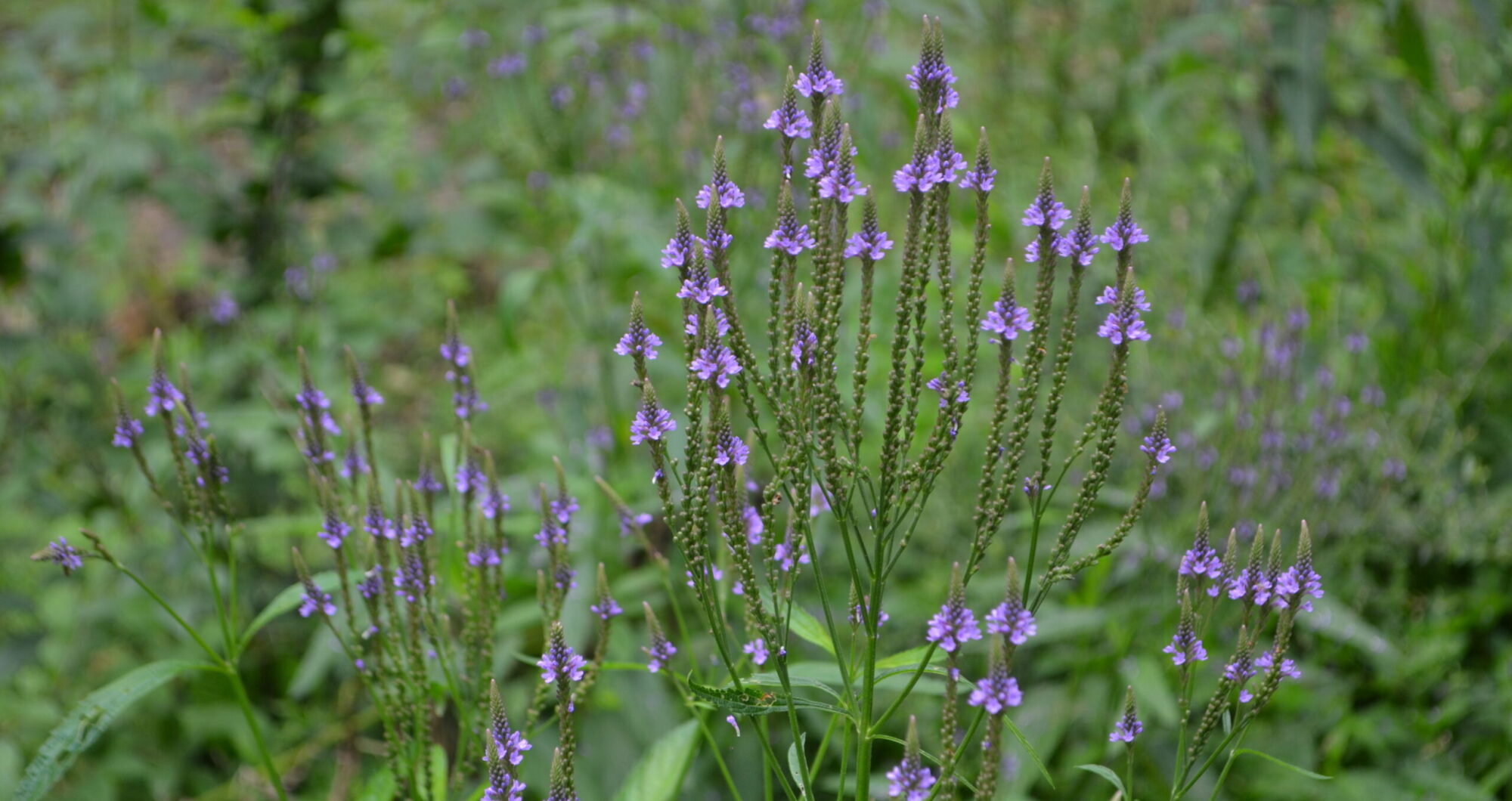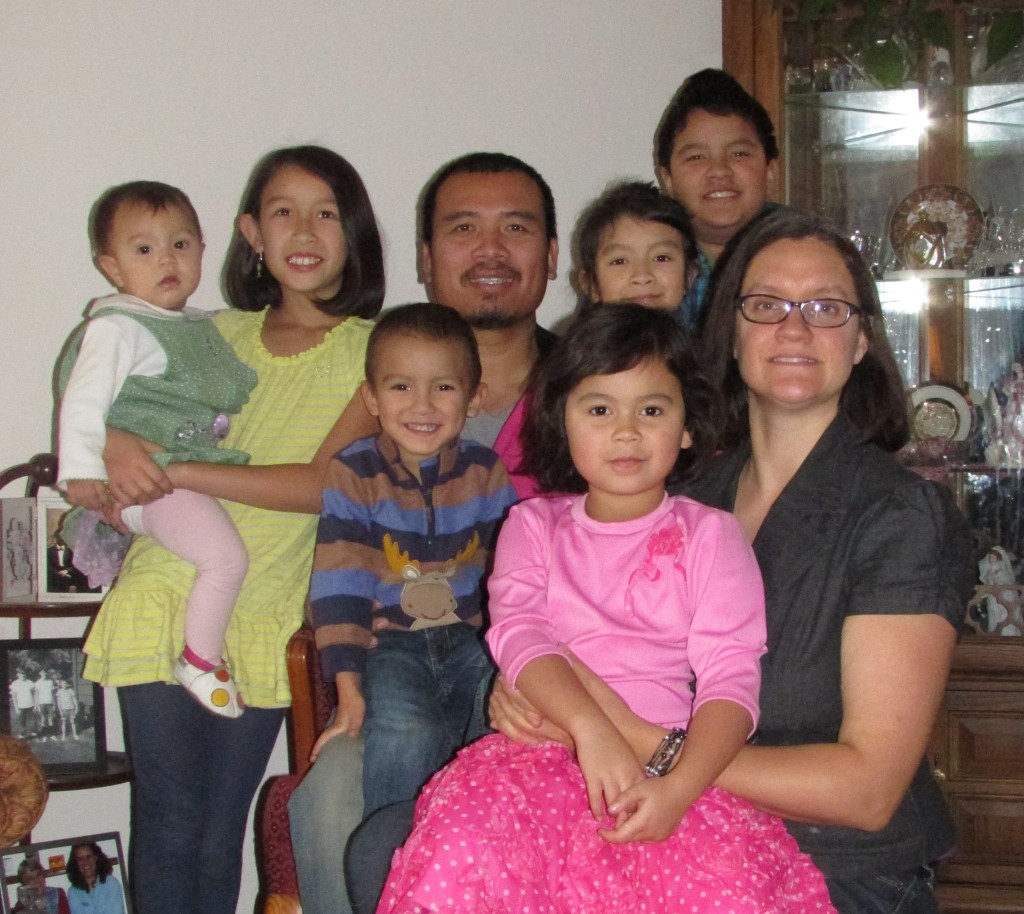We have been a part of the Land Stewardship Project (LSP) ever since we got started farming. We were introduced to them by the Minnesota Food Association and have enjoyed attending their various farmer training programs and been a part of their CSA Directory for many years. But I am sorry to admit that I really haven’t been aware of their work on policy issues until last night.
LSP is opening a new office in Duluth. They hope to cover the whole state and one of the major issues they are working on is affordable health insurance for farmers. And then there is the Farm Bill. This lengthy document is produced every 6 years in Washington and details much if not all of the policy that affects farms, rural communities and anyone who eats food in the U.S.
I don’t understand this document. I am completely at a loss and I am beginning to realize that we can not depend on media in this country to accurately report the issues that affect us most.
So when I got the invitation to attend a LSP policy meeting that would actually be held in my neck of the woods I realized it was a must.
Last night I joined around 25 other farmers from the area who are interested in legislation that will “support family farmers and sustainable agriculture. Promote the next generation of family farmers on the land. And Stop corporate controlled agribusiness from hijacking the next farm bill.”
Of course the inevitable debate came up–the chemical debate. Some farmers were absolutely against any chemicals, another had a large no-till operation that used herbicides to control weeds. However the organizers, Kaitlyn and Tom, were able to reframe the conversation. Small farms have an uphill battle, and we shouldn’t fight so much about the method. As I have said before I firmly believe that no farmers want to damage the land. They all have decisions they have to make for their land, family and businesses. Often times those are hard decisions.
The debates over method can drive us away from focusing on moving forward. Tom said, “the things we can’t do alone we can do together. . . .we can move policies, legislatures.” The key therefore is, “organized people, ideas and resources.”
Since 1996 LSP has been working with the Farm Bill. In 2002 the Conservation Stewardship Program (one that promotes conversation efforts on rural land) was included, while a ban on Packer (meat packers) owned Livestock passed in the Senate but not the House.
In 2008 funds were allocated for Beginning Farmers and Ranchers Development Programs and in 2014 amid a “really hostile enviroment,” Kaitlyn said their goal was to maintain the programs that have already passed and expand them nationwide.
Currently their main goal is to prepare for the next Farm Bill in 2020 and oppose the Trans Pacific Partnership. While this may not sound like a farm related issue, this agreement between 12 pacific rim countries was negotiated in private and would allow multi-national companies to sue governments (federal all the way down to municipal) for infringing on trade rights. These trade rights would take precedence over all else. One farmer named Mike said that this issue particularly concerned him, “It would affect our way of life. Everything from wages to conservation and our ability to function as a democracy.”
I am so glad I went to last nights meeting. I think if there is one thing I am learning this year it is that I want to be more aware of what is going on in this country and involved in politics. Before I left last night I committed to calling my representatives.
Of course there is still alot to be done around the farm, but if I want to be able to maintain the life I love so much then I need to be involved.
Kaitlyn educates on the farm bill.
Tom

![20160310_193425[1]](http://homeschoolfarm.com/wp-content/uploads/2016/03/20160310_1934251-1024x614.jpg)
![20160310_193958[1]](http://homeschoolfarm.com/wp-content/uploads/2016/03/20160310_1939581-1024x614.jpg)





![20160130_092550[1]](http://homeschoolfarm.com/wp-content/uploads/2016/02/20160130_0925501-1024x614.jpg)
![20160130_094542[1]](http://homeschoolfarm.com/wp-content/uploads/2016/02/20160130_0945421-1024x614.jpg)
![20160130_103957[1]](http://homeschoolfarm.com/wp-content/uploads/2016/02/20160130_1039571-1024x614.jpg)
![20160130_115907[1]](http://homeschoolfarm.com/wp-content/uploads/2016/02/20160130_1159071-1024x614.jpg)
![20160130_105452[1]](http://homeschoolfarm.com/wp-content/uploads/2016/02/20160130_1054521-e1454366255283-614x1024.jpg)
![DSC_1222[1]](http://homeschoolfarm.com/wp-content/uploads/2016/01/DSC_12221-1024x683.jpg)
![DSC_1232[1]](http://homeschoolfarm.com/wp-content/uploads/2016/01/DSC_12321-1024x683.jpg)
![DSC_1234[1]](http://homeschoolfarm.com/wp-content/uploads/2016/01/DSC_12341-1024x683.jpg)
![DSC_1238[1]](http://homeschoolfarm.com/wp-content/uploads/2016/01/DSC_12381-1024x683.jpg)



![DSC_1215[1]](http://homeschoolfarm.com/wp-content/uploads/2016/01/DSC_12151-1024x683.jpg)
![20160111_091108[1]](http://homeschoolfarm.com/wp-content/uploads/2016/01/20160111_0911081-e1452625112957-614x1024.jpg)
![20160111_083510[1]](http://homeschoolfarm.com/wp-content/uploads/2016/01/20160111_0835101-1024x614.jpg)
![20160111_090028[1]](http://homeschoolfarm.com/wp-content/uploads/2016/01/20160111_0900281-1024x614.jpg)
![20160111_083850[1]](http://homeschoolfarm.com/wp-content/uploads/2016/01/20160111_0838501-1024x614.jpg)
![DSC_1212[1]](http://homeschoolfarm.com/wp-content/uploads/2016/01/DSC_12121-1024x683.jpg)
![DSC_1209[1]](http://homeschoolfarm.com/wp-content/uploads/2016/01/DSC_12091-1024x683.jpg)
![DSC_1204[1]](http://homeschoolfarm.com/wp-content/uploads/2016/01/DSC_12041-1024x683.jpg)
![DSC_1202[1]](http://homeschoolfarm.com/wp-content/uploads/2016/01/DSC_12021-1024x683.jpg)
![DSC_1201[1]](http://homeschoolfarm.com/wp-content/uploads/2016/01/DSC_12011-1024x683.jpg)

![DSC_1193[1]](http://homeschoolfarm.com/wp-content/uploads/2015/12/DSC_11931-1024x683.jpg)
![DSC_1194[1]](http://homeschoolfarm.com/wp-content/uploads/2015/12/DSC_11941-1024x683.jpg)
![DSC_1195[1]](http://homeschoolfarm.com/wp-content/uploads/2015/12/DSC_11951-1024x683.jpg)
![DSC_1197[1]](http://homeschoolfarm.com/wp-content/uploads/2015/12/DSC_11971-e1451500779195-683x1024.jpg)
![DSC_1198[1]](http://homeschoolfarm.com/wp-content/uploads/2015/12/DSC_11981-1024x683.jpg)
![20151213_173529[1]](http://homeschoolfarm.com/wp-content/uploads/2015/12/20151213_1735291-1024x614.jpg)
![20151213_180011[1]](http://homeschoolfarm.com/wp-content/uploads/2015/12/20151213_1800111-e1450845555502-614x1024.jpg)
![20151205_094933[1]](http://homeschoolfarm.com/wp-content/uploads/2015/12/20151205_0949331-1024x614.jpg)
![20151205_095858[1]](http://homeschoolfarm.com/wp-content/uploads/2015/12/20151205_0958581-1024x614.jpg)
![20151205_104632[1]](http://homeschoolfarm.com/wp-content/uploads/2015/12/20151205_1046321-1024x614.jpg)